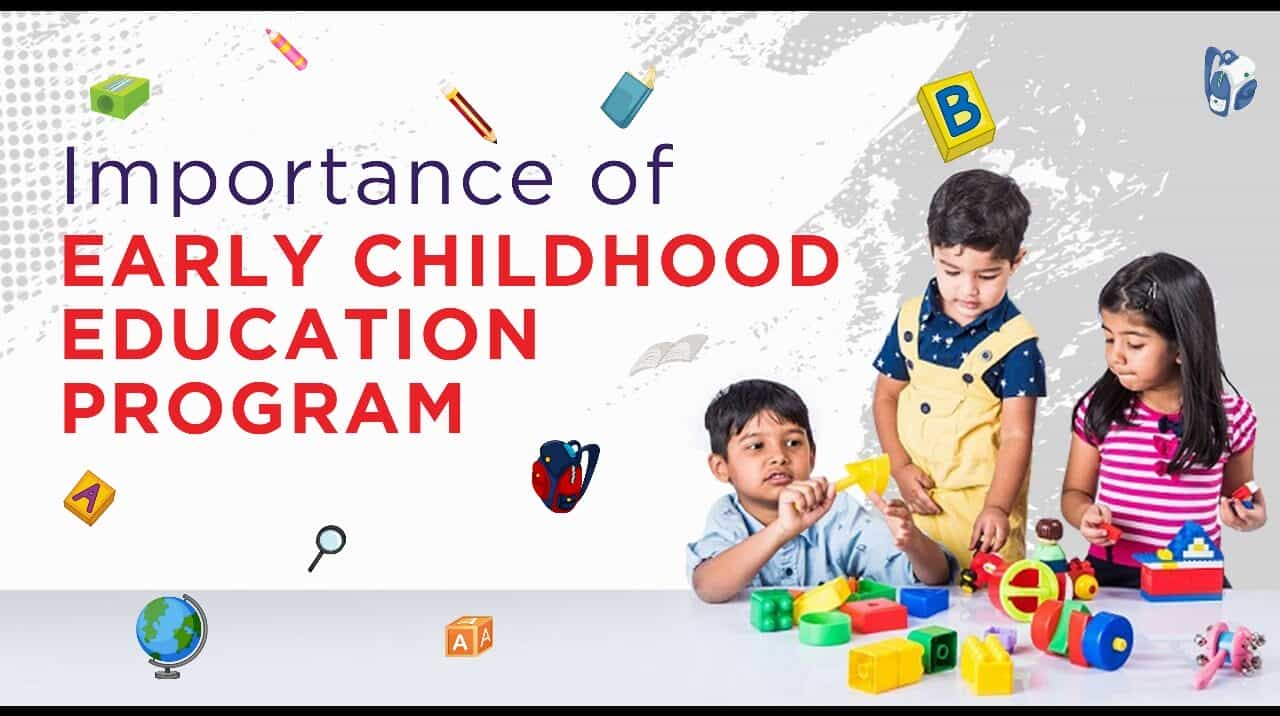Early childhood education is a crucial stage in a child’s development, spanning from birth to entry into kindergarten. During this time, children learn vital skills and establish important relationships with peers, teachers, and parents. It is not simply about acquiring basic knowledge but rather about fostering social and emotional growth that will pave the way for continued learning throughout their education journey.
Why is Early Education Important?
One of the misconceptions about early childhood education is that it solely focuses on imparting basic skills. However, according to Mr Aman Sharma, Regional Manager Marketing – North Zone at Radcliffe Group of Schools & General Secretary of Public Relations Council of India (Bhopal Chapter), it encompasses much more.
He emphasises that it is a pivotal period for children to acquire essential social and emotional abilities as they form a partnership with their parents and teachers. When this partnership is nurtured successfully, it sets the foundation for a lifelong educational journey. The significance of early childhood education is recognised not only at an individual level but also on a global scale.
- The United Nations Educational, Scientific and Cultural Organisation (UNESCO) identifies the importance of early childhood education in its mission, which seeks to promote peace, eradicate poverty, and facilitate sustainable development through education.
- In line with this, we, at the Radcliffe Group of Schools, also emphasise the value of early childhood education. We believe that it goes beyond preparing children for primary school; instead, it aims to holistically develop a child’s social, emotional, cognitive, and physical needs. By doing so, it creates a solid foundation for lifelong learning and overall well-being. This form of education holds the potential to nurture future citizens who are caring, capable, and responsible.
Benefits of Early Education
Early childhood education is associated with numerous benefits.
- It contributes to the cognitive development of children, improving their language, problem-solving, and critical-thinking skills.
- It also enhances their social development, fostering positive relationships and empathy towards others.
- It aids in the emotional well-being of children, enabling them to manage their feelings and develop resilience.
- Early childhood education supports physical development through activities that promote motor skills and a healthy lifestyle.
In conclusion, early childhood education plays a vital role in a child’s overall development. It fosters essential social and emotional skills, lays the foundation for lifelong learning, and contributes to the creation of responsible and caring citizens. Nations worldwide, along with organisations like UNESCO, recognise the significance of investing in early childhood education. By prioritising this stage of learning, we can ensure a brighter future for our children and society as a whole.




